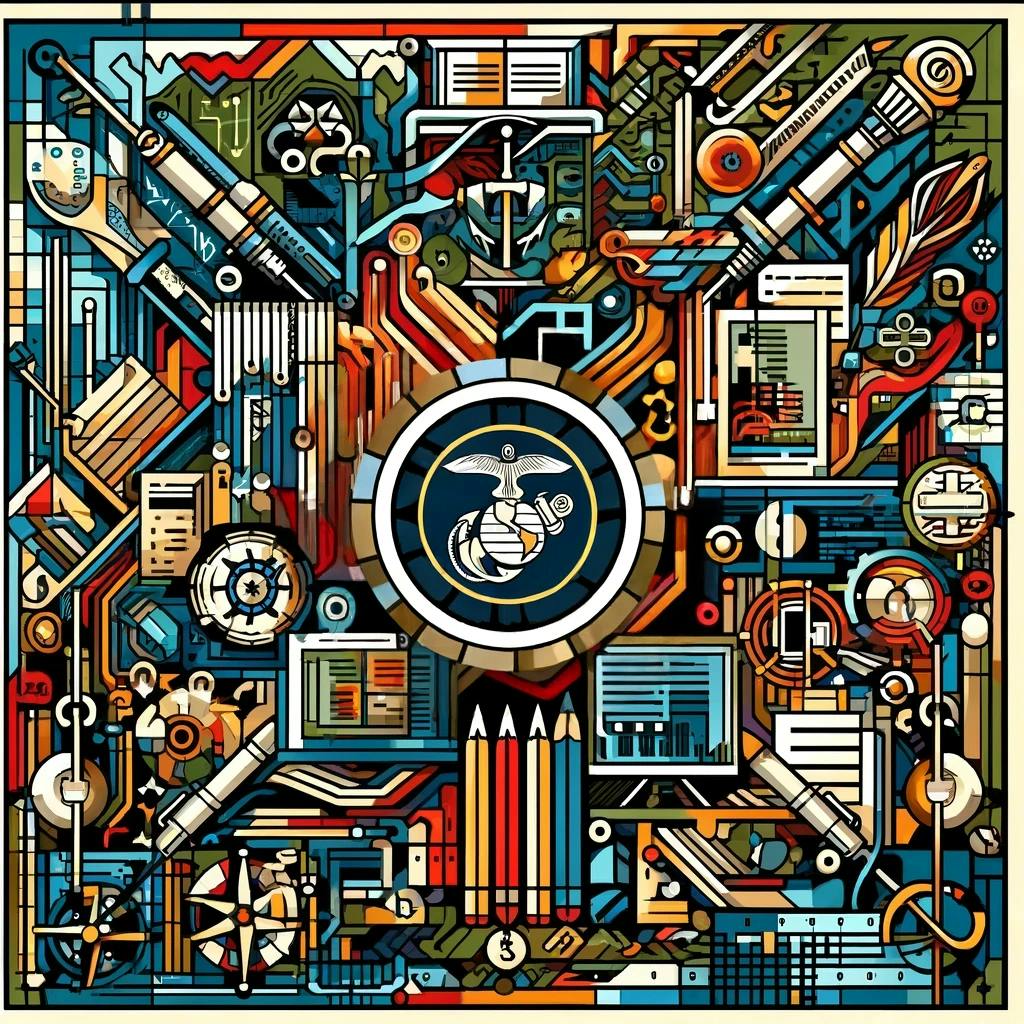213 reads
Bootcamp to Code: US Marine Corps Wisdom for the Tech World
by
April 3rd, 2024
Audio Presented by

Chris Ray is a senior member of a local 35+ B-league hockey team and also occasionally blogs about cybersecurity topics.
Story's Credibility

About Author
Chris Ray is a senior member of a local 35+ B-league hockey team and also occasionally blogs about cybersecurity topics.
